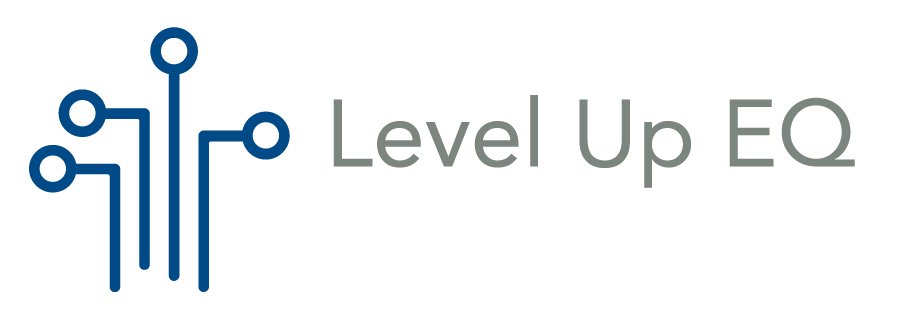AI in the Workplace: Friend or Foe?
Written by Marly DiFruscio
AI has completely revolutionized the way our world operates in such a short amount of time. With the introduction of ChatGPT, the popular chatbot from OpenAI, we have seen the fastest ramp up of an internet app in history. According to data from Sensor Tower, it took TikTok about nine months after its global launch to reach 100 million users while ChaptGPT only took two months to reach those same numbers. AI offers the immense potential for increased efficiency, productivity, improved data-driven decisions, and more. However, it also presents an entirely new challenge and set of dangers as we integrate AI into businesses. Many large-scale companies are instituting bans on AI because of these concerns. If Apple is worried about AI being utilized by employees, should other companies be following suit?
Top 5 Dangers of AI in the Workplace:
Privacy Concerns: AI systems are often processing vast amounts of personal data and these platforms are secretive about how they handle information, raising significant concerns about privacy and data protection.
Ethical Concerns: AI completely lacks emotional intelligence and human judgement. Relying solely on AI in complex ethical situations can lead to extreme unintended consequences or dilemmas.
Bias and Discrimination: AI systems are only as good as the data they are fed and trained on, meaning it can be an echochamber for bias and stereotypes.Organizations must be rigorous in ensuring unbiased, ethically fair, diverse data is being using, and must regularly monitor and mitigate biases in their AI systems.
Overreliance and Dependency: AI can be a way to automate and solve repetitive tasks, but can easily create a cycle of dependency that causes vulnerabilities in a system. Employee engagement may also decrease if they feel like they are not actively challenged enough and can solve everything with AI.
Job Displacement: As AI automates tasks previously performed by leaders, there is a risk of some job displacement. According to a report by the World Economic Forum, it is estimated that by 2025, AI could displace around 85 million jobs across various industries.
If these are the dangers, why would it be worth utilizing AI in the workplace?
Top 5 Strengths of AI in the Workplace:
Enhanced Efficiency and Productivity: AI-powered systems can easy automate repetitive tasks, allowing leaders to focus on creative work or more complex endeavors. According to research conducted at a Fortune 500 software company, leaders who used AI tools experienced a 14% increase in productivity.
Data-Driven Decision Making: AI analyzes vast amounts of data in a very short amount of time, providing valuable insights and thorough code, with can enable organizations to identify patterns, predict outcomes, and optimize processes.
Improved Customer Experience: AI-powered digital assistants can provide quick and personalized respons to simple/routine customer queries. These AI tools can handle interactions simultaneously to reduce response times and further productivity.
Advanced Cybersecurity: AI algorithms can detect patterns and anomalies in real-time, helping organizations identify potential security threats and respond proactively. With AI, businesses can protect sensitive data, detect and prevent cyber-attacks, and ensure better overall cybersecurity.
Innovation and New Business Models: AI enables organizations to develop innovative products and services, leading to the creation of new business models. AI can allow for a quick surge in business growth and positive disruption within industries.
AI is a complex and constantly changing tool that requires significant human oversight to ensure that we are carefully considering and addressing risks organizations. In the same vein, it can truly transform workplaces, leaders, and drive innovation. It will become an artform as a leader to balance these factors, enable business to harness the full potential of their people and AI, while also mitigating risks and maximizing benefits for everyone. We need to continue to empower the human leader in our organizations to ensure AI is being properly managed. It is the human element that will make all the difference!

